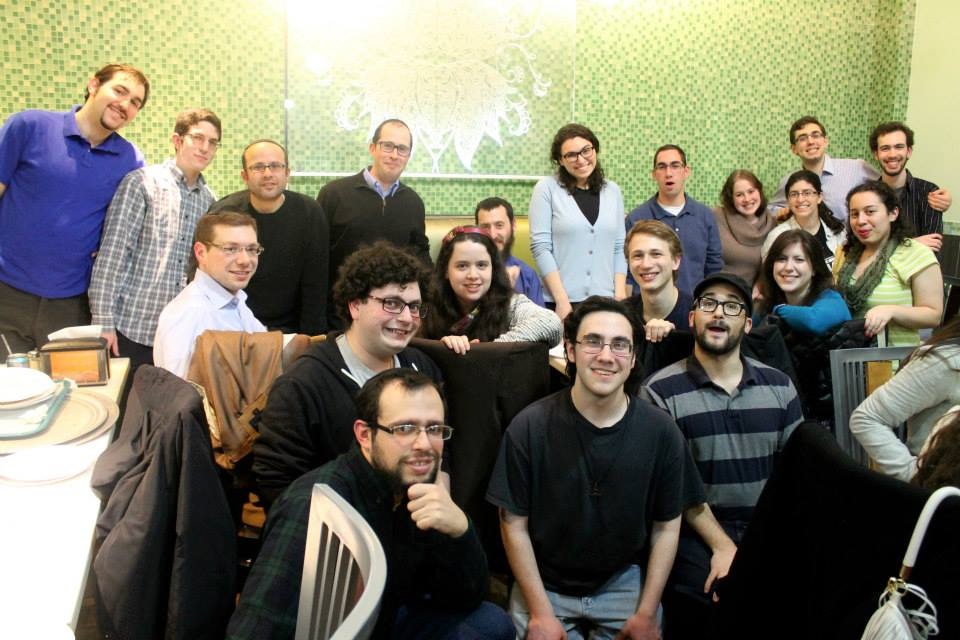The Israeli government recently moved to decentralize the conversion system by allowing local courts to convert individuals on their own.
Ironically, as Israel moves away from centralization, here in America the Rabbinical Council of America is enthusiastically embracing it. The modern Orthodox rabbinical organization recently reaffirmed its commitment to its centralized conversion system, which it calls GPS (Geirus Policies and Standards). Under the system, the RCA accredits only those conversions conducted under RCA’s batei din, or rabbinical courts, using the GPS process.
Since its inception in 2008, we have opposed this centralized approach. We still do today. Here’s why.


